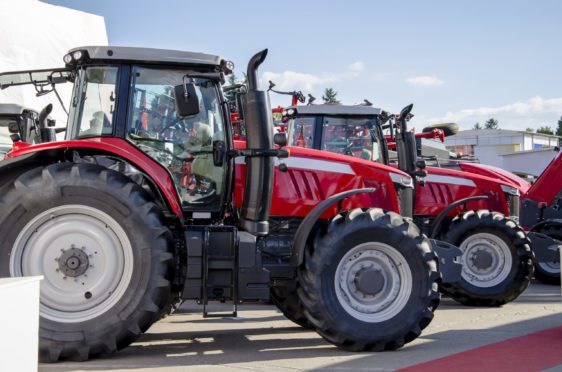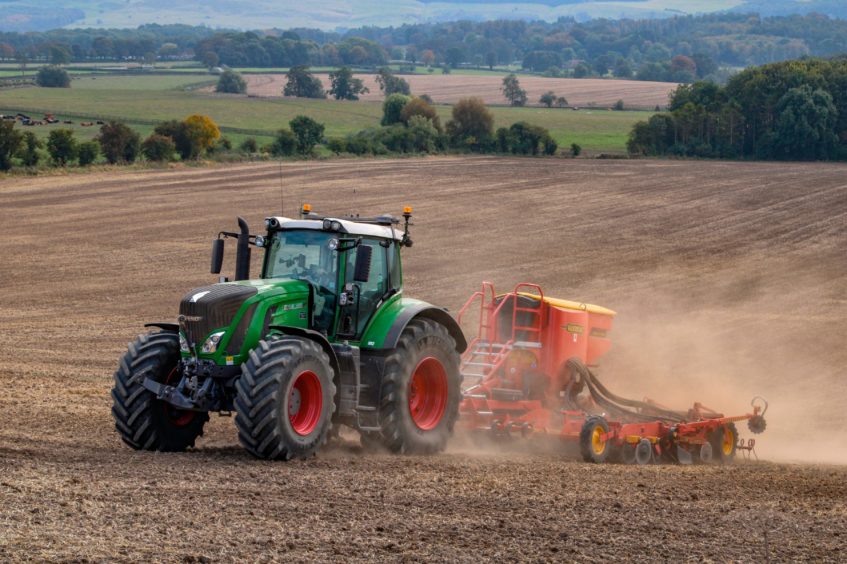Farmers are being urged to plan any machinery purchases carefully as the market begins to picks up following a year of reduced sales during the pandemic.
James Treverton from rural insurance broker Lycetts says careful consideration is needed before any purchase because sales of tractors account for almost one half of farmers’ total spend on equipment.
“Farm machinery is a significant outlay for farmers, with pre-pandemic figures putting the average gross expenditure on machinery per farm at £36,200,” said Mr Treverton.
He said a drive to farm more sustainably, coupled with tax incentives such as the £1 million annual investment allowance (AIA) which runs until January 1, 2022, were stimulating spending in the sector.
“To further stimulate business spending, a new capital allowance for businesses investing in plant and machinery was announced in the latest Budget, which will be in place until March 31, 2023,” added Mr Triverton.
“The super deduction incentive allows companies a reduction in their tax bill for every pound they invest in new equipment.”
He said although these tax incentives make purchasing new farm machinery attractive, farmers should thoroughly plan all purchases and have a clear idea of how current vehicles and potential investments fit within their yearly budget.
“Dated machinery may not be as effective and have higher running and maintenance costs, but new machinery involves significant upfront costs that eat into often stretched income,” said Mr Treverton.
“Farmers are already feeling the financial squeeze and it is a fine balancing act between getting full use out of current machinery and making a valuable and timely investment that can help boost productivity.”
Lastly, Mr Treverton advised farmers who do choose to upgrade their machinery to ensure they have adequate insurance protection and security protocols in place.
“Farm machinery – in particular high-end, technologically-advanced equipment – is an attractive target for thieves and can be very costly to replace or repair should it be stolen or damaged,” added Mr Treverton.
“Ensure that any new piece of equipment has the right level of cover, that the building it is stored in has the right level of cover, and that security is robust.”
Mr Treverton’s plea comes as figures from the Agricultural Engineers Association (AEA) show the number of new tractors, over 50 horsepower, registered in the UK between January and July was 7,864.
This is 23% more than in the same seven-month period in 2020, and 7% above the five-year average.

